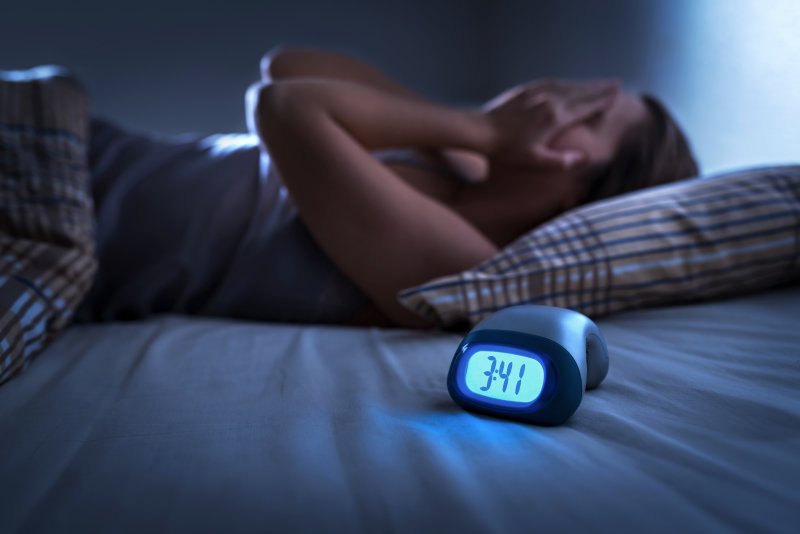
Knowing what happens while you’re asleep isn’t easy. That is unless someone can tell you when you stop breathing or snore. This can be frustrating if you wake up daily feeling fatigued, unable to focus, and moody around others. However, when talking to your doctor about your symptoms, you may be surprised to learn that sleep apnea might be to blame. But before a formal diagnosis can be provided, your physician might recommend keeping a sleep diary. What exactly is it and how does it work? Keep reading to find out.
What is a Sleep Diary?
A sleep diary is a type of log that includes various information your doctor can use to determine whether you exhibit problems with sleep apnea.
Some of the things you can expect a physician to tell you to write down include:
- When you go to bed
- What time you wake up
- The amount of time it takes you to fall asleep
- How many sleep interruptions you experience throughout the night
- The number of naps you take each day
- Whether you consumed any tobacco, caffeine, or alcohol
- The types of medications you take
- If you engage in physical activity or exercise
What Are the Benefits of a Sleep Diary?
Your doctor will likely suggest a sleep diary to help with the diagnosis of obstructive sleep apnea or another similar disorder (i.e., central sleep apnea, complex sleep apnea, snoring, insomnia, etc.).
Although a formal sleep study must be performed to determine whether apnea is occurring, a journal or log that contains 1-2 weeks’ worth of information about various sleep patterns can be essential in validating a doctor’s findings.
What Will a Sleep Diary Reveal?
When your doctor reviews the details of your sleep diary, you can expect them to look closely at your habits and patterns to see if anything, in particular, might be contributing to your inability to rest throughout the night. These might include:
- Your pre-bedtime habits, like checking your email on your phone or sending texts, can cause you to stay awake longer. It’s no secret that a phone’s blue light can inhibit your ability to fall asleep because it stops your brain from releasing melatonin.
- Your exercise time might be causing you to be more alert later in the day than is necessary.
- Drinking certain beverages, like caffeine or alcohol, at dinnertime or before bed can increase the frequency at which you wake up throughout the night.
- The medication you are taking is keeping you from staying asleep and instead, causing you to experience insomnia or another similar disorder.
No matter what your sleep diary reveals, trust that keeping a detailed log will help put you on the right path to achieving better rest. Not only will your doctor have a clearer understanding of your situation, but they’ll also be able to deliver the necessary treatment to help you enjoy a better quality of life.
About the Practice
At Star Sleep & Wellness in Frisco, our team of sleep experts and specialists bring decades of experience and skill to change the way people approach life and their quality of sleep. While we rely on formal sleep studies to achieve accurate diagnoses, we also encourage patients to keep a detailed sleep diary. These and other similar tactics can make the treatment of OSA and other similar conditions easier over time. If you would like to learn more about how to maintain a sleep diary, contact us today.
